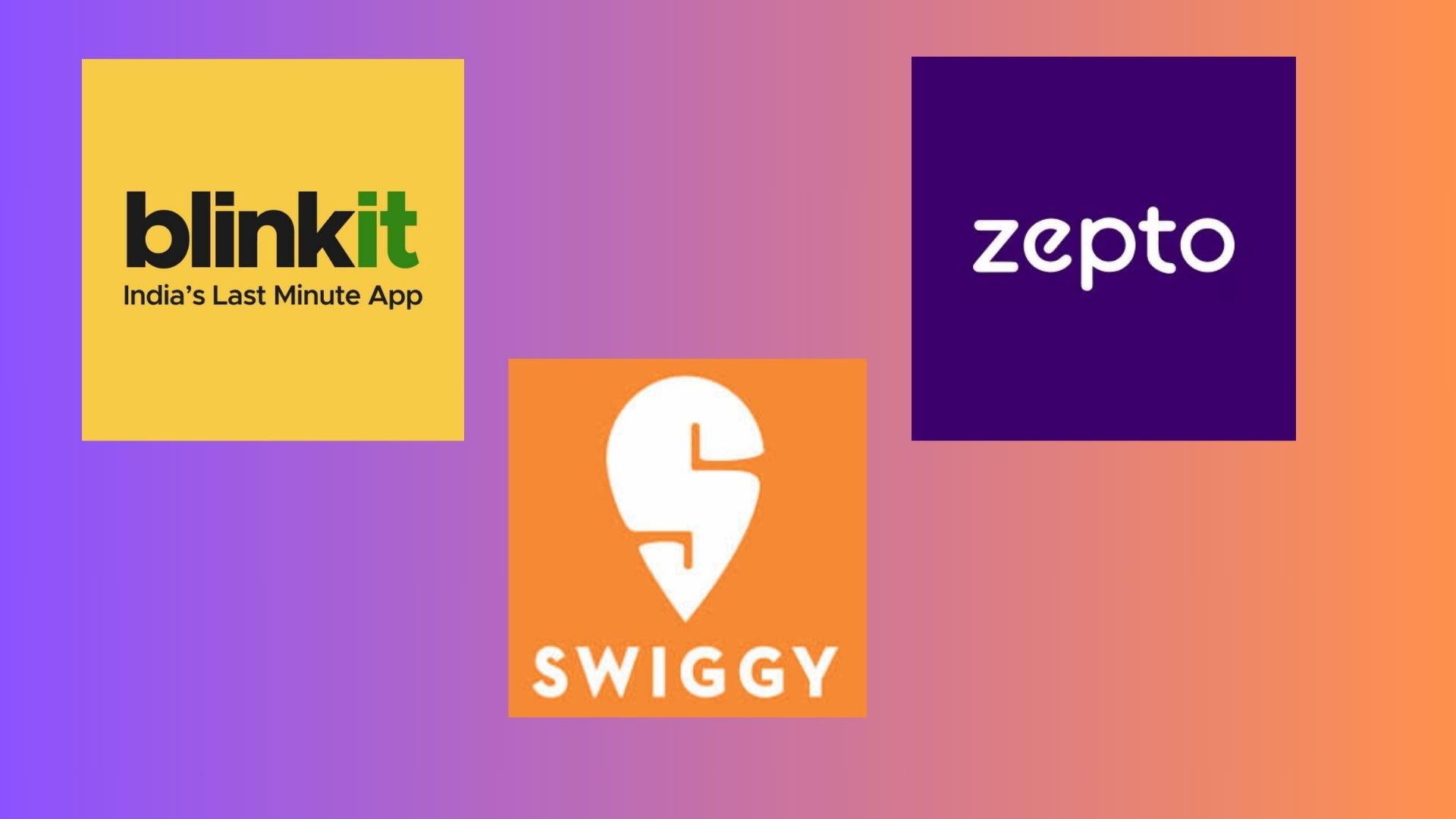India’s largest retail distributor association has requested the antitrust authority to investigate three quick commerce companies—Zomato’s Blinkit, Swiggy, and Zepto—over allegations of predatory pricing, according to a letter released on Sunday. Quick commerce has become a popular trend in India, with firms promising rapid delivery of a variety of items, including groceries and electronics, within 10 minutes, posing a challenge to established e-commerce giants like Amazon.
In a letter dated October 18, the All India Consumer Products Distributors Federation (AICPDF), representing 400,000 retail distributors for major brands such as Nestle and Hindustan Unilever, accused quick commerce companies of engaging in predatory pricing by offering significant discounts and selling below cost to attract customers.
Zomato’s Blinkit, Zepto, and Swiggy, which operates the Instamart delivery service and is backed by SoftBank, did not respond to inquiries from Reuters.
The letter stated that many consumer goods companies are directly partnering with quick commerce firms to expand their market reach, thereby marginalizing traditional salespeople who have historically delivered orders to shops. Such practices create an environment where “it is impossible for traditional retailers to compete or survive,” the letter emphasized, urging the Competition Commission of India (CCI) to “implement protective measures for traditional distributors and small retailers to safeguard their interests.”
The CCI has the authority to initiate investigations if it finds merit in the complaints. The CCI’s investigation unit previously discovered that larger e-commerce platforms, including Amazon and Flipkart, violated local laws regarding predatory pricing, a claim the companies have denied.
As quick commerce continues to grow, Zomato’s shares have doubled this year, and Swiggy is set to launch its IPO valued at over $1 billion in the coming weeks.









